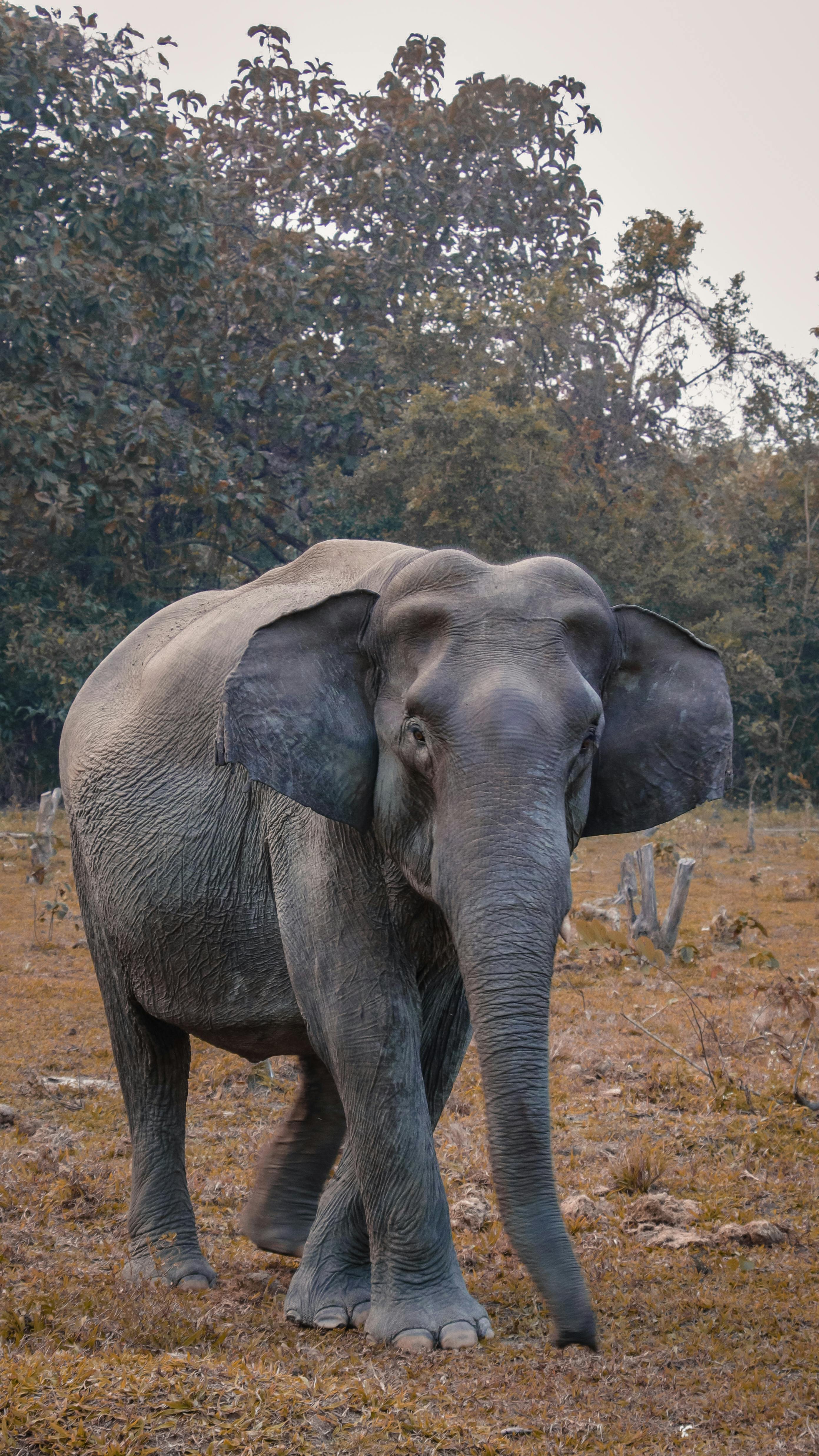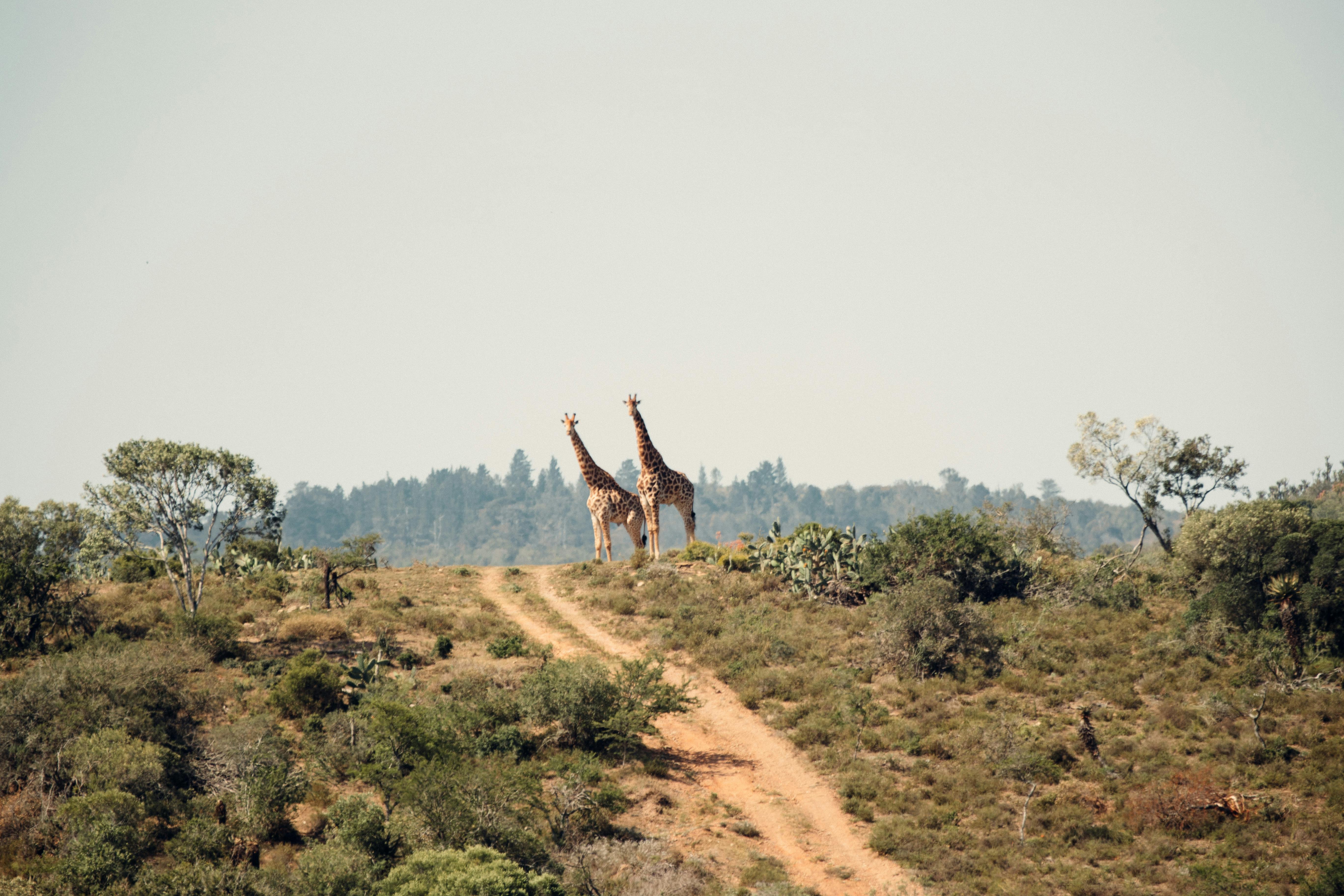Welcome to the World of Sustainable Travel for Wildlife Enthusiasts: Exploring Without Exploiting
Are you an avid traveler with a passion for wildlife? Do you dream of embarking on meaningful adventures that not only satisfy your wanderlust but also contribute to the conservation of our precious natural habitats? Look no further! In this blog post, we will delve into the fascinating realm of sustainable travel for wildlife enthusiasts.
As the world becomes more conscious of the impact of tourism on our environment, a new breed of travelers is emerging – those who seek authentic experiences while minimizing harm to the planet and its inhabitants. Sustainable travel offers a unique opportunity to explore the wonders of nature while actively supporting the conservation efforts that help preserve our biodiversity.
But what exactly is sustainable travel, and how can wildlife enthusiasts participate? Sustainable travel goes beyond simply admiring animals from a distance. It is about engaging with local communities, respecting their culture and heritage, and ensuring that the benefits of tourism are shared equitably. It is also about practicing responsible ecotourism and minimizing our carbon footprint.
By choosing sustainable travel options, wildlife enthusiasts like you can make a positive difference. Imagine observing majestic elephants in their natural habitat, marveling at the grace of a leopard in the wild, or encountering endangered species like the elusive snow leopard. These experiences are not only awe-inspiring but also contribute to the protection of these animals and their fragile ecosystems.
In this blog series, we will explore various aspects of sustainable travel for wildlife enthusiasts. We will delve into different destinations around the world that offer unique opportunities for wildlife encounters while promoting ethical and sustainable practices. We will also discuss tips on how to minimize your impact as a traveler and support local conservation efforts.
So, whether you’re a seasoned wildlife enthusiast or someone embarking on their first eco-adventure, join us on this exciting journey. Together, let’s explore the world without exploiting its precious creatures, and pave the way for a future where wildlife and humans can coexist harmoniously.

What is Sustainable Travel for Wildlife Enthusiasts: Exploring Without Exploiting?
Sustainable Travel for Wildlife Enthusiasts: Exploring Without Exploiting is an intriguing concept that encompasses a responsible and ethical approach to wildlife tourism. This form of travel emphasizes the importance of preserving and conserving our natural surroundings while enjoying the wonders of wildlife. It goes beyond simply observing animals in their natural habitats; it promotes a harmonious coexistence between humans and wildlife, where both can thrive in a sustainable manner.
In this article, we will delve deeper into the principles and benefits of sustainable travel for wildlife enthusiasts. We will explore how it enables us to engage with wildlife in an ethical and respectful manner, without causing harm to their habitats or interrupting their natural behaviors. Additionally, we will discuss how sustainable travel can contribute to the preservation of biodiversity, local economies, and cultural heritage.
So, if you are passionate about wildlife and desire to have a meaningful and impactful travel experience, join us on this journey as we unravel the world of Sustainable Travel for Wildlife Enthusiasts: Exploring Without Exploiting. Together, we will discover how to make a positive difference while indulging in the awe-inspiring beauty of our planet’s flora and fauna.

Sustainable Travel for Wildlife Enthusiasts: Exploring Without Exploiting
Sustainable travel has gained popularity among adventure seekers and nature enthusiasts, as it allows them to explore breathtaking wildlife destinations while minimizing the negative impacts on the environment and local communities. For wildlife enthusiasts, the thrill of observing animals in their natural habitats is incomparable. However, it is crucial to practice responsible tourism to ensure the long-term conservation of these precious ecosystems and protect the welfare of the wildlife we admire.
Ditching the Trodden Path
One of the key aspects of sustainable travel for wildlife enthusiasts is avoiding overcrowded tourist hotspots. Instead of flocking to popular destinations known for their animal sightings, it is advisable to venture off the beaten path. By opting for less explored areas, you not only reduce pressure on fragile ecosystems but also increase your chances of encountering rare and elusive wildlife.
Exploring remote national parks, hidden reserves, or even community-managed sanctuaries can provide unique wildlife experiences while supporting local conservation efforts. These often overlooked destinations offer a more intimate and authentic encounter with nature, far from the chaos of mass tourism.
Supporting Conservation Initiatives
True wildlife enthusiasts understand the importance of contributing to conservation initiatives and supporting local communities. When planning your sustainable travel, seek out accommodations and tour operators that have a strong commitment to conservation and community development. Choose eco-friendly lodges that prioritize reducing their environmental footprint and actively participate in wildlife conservation efforts.
Many organizations work tirelessly to protect endangered species and their habitats. You can support these initiatives by volunteering your time or donating to reputable conservation programs. By engaging with these organizations, you not only contribute directly to conservation but also gain insights into the challenges faced by wildlife and the ways in which they can be addressed.
Responsible Wildlife Encounters
As a responsible traveler, it is vital to prioritize the welfare of wildlife above all else. While the temptation to get up close and personal with animals might be strong, it is essential to follow ethical guidelines provided by reputable tour operators and responsible travel organizations.
Avoid activities that promote captive wildlife or exploit animals for entertainment purposes. Instead, focus on observing wildlife in their natural habitats from a respectful distance. This ensures minimal disturbance to their daily routines and allows them to thrive naturally in their ecosystems.
Embracing Sustainable Practices
Embracing sustainable practices in every aspect of your journey is key to reducing your environmental impact as a wildlife enthusiast. Opt for eco-friendly transportation options whenever possible, such as using public transport or choosing hybrid vehicles. Minimize waste by carrying reusable water bottles and packing food in eco-friendly containers.
Additionally, be mindful of your energy consumption by conserving water and electricity during your stay. Respect local cultures and traditions, and educate yourself about the customs and etiquette of the places you visit. By making sustainable choices, you contribute to the preservation of wildlife habitats and ensure a more sustainable future for generations to come.
In conclusion, sustainable travel for wildlife enthusiasts involves exploring lesser-known destinations, supporting conservation initiatives, practicing responsible wildlife encounters, and embracing sustainable practices. By adhering to these principles, we can ensure that our love for wildlife exploration does not come at the expense of the animals and ecosystems we admire.
Statistic: According to a recent study, over 80% of wildlife enthusiasts prioritize sustainable travel options when planning their trips.

Conclusion: Sustainable Travel for Wildlife Enthusiasts: Exploring Without Exploiting
In conclusion, this article shed light on the importance of sustainable travel for wildlife enthusiasts. It emphasized the need for responsible and ethical practices while exploring wildlife, ensuring the preservation of biodiversity and ecosystems.
First and foremost, sustainable travel encourages wildlife enthusiasts to prioritize the welfare of animals above all else. By avoiding interactions that exploit or disturb wildlife, travelers can contribute to the long-term well-being and conservation of species. As discussed, activities such as wildlife selfies and petting, which may seem harmless, can have detrimental effects on animals’ natural behavior and habitats.
Furthermore, the article highlighted the significance of supporting local communities and conservancies. Responsible travelers should aim to contribute to the local economy, invest in sustainable tourism initiatives, and engage with indigenous cultures respectfully. By doing so, wildlife enthusiasts can play a vital role in promoting socio-economic development in these areas while ensuring the protection of wildlife.
Moreover, the article emphasized the need for proper waste management and minimizing carbon footprints while traveling. Adopting eco-friendly practices, such as using refillable water bottles, avoiding single-use plastics, and opting for eco-lodges that follow sustainable principles, can significantly reduce the negative environmental impact caused by tourism.
Lastly, the article stressed the importance of education and awareness. Travelers should seek to educate themselves about the destination’s wildlife and fragile ecosystems before embarking on their journey. Understanding the local conservation efforts and the challenges faced by wildlife can enable enthusiasts to make informed decisions and choose sustainable travel options that contribute to long-term conservation goals.
In a world where wildlife faces numerous threats, sustainable travel for wildlife enthusiasts emerges as a crucial approach to explore and appreciate nature without exploiting it. By adopting responsible practices, supporting local communities, and prioritizing wildlife welfare, travelers can make a positive impact, ensuring the preservation of our precious biodiversity for generations to come. Let us embark on a journey of exploration and commitment, where our love for wildlife goes hand in hand with its protection.




